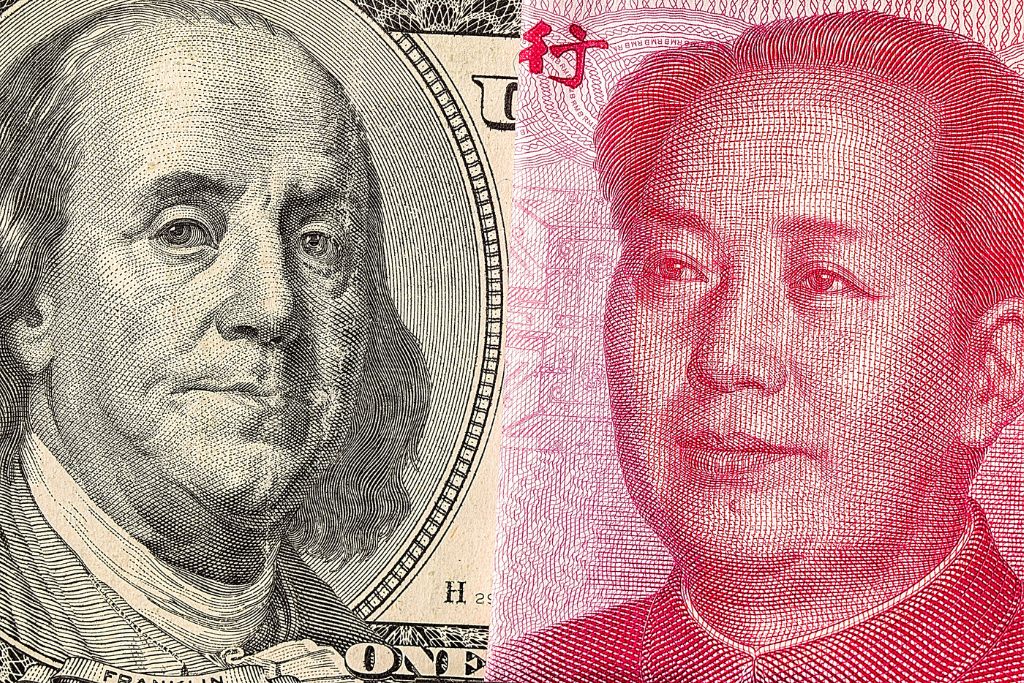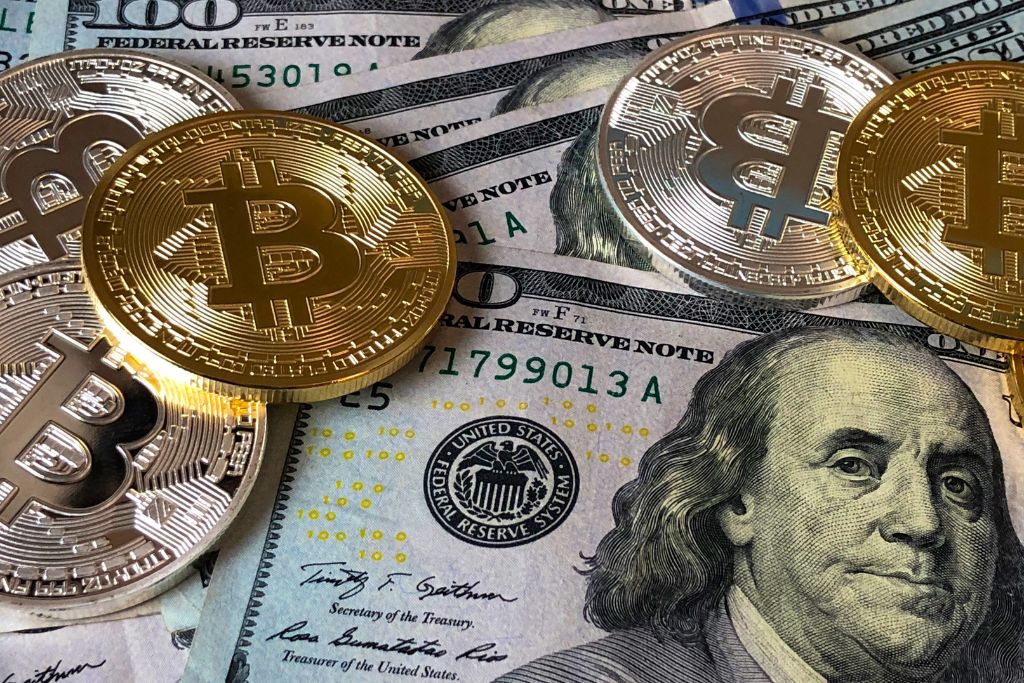Cryptocurrencies like Bitcoin could change the way people deal around the world. They could let businesses do business without middlemen, which would cut processing costs by a lot. China thinks that its CBDC will help build new infrastructures for making electronic payments across borders. This will give China more power in the international monetary system. But this effort will only work if the digital RMB can be used with current global standards.
Trade between the U.S. and China
Even though ties between the two countries are getting worse, trade between the US and China has reached a record high. The fact that trade is going well shows that both consumers and companies still want the two economies to work together and help each other.
Still, there are a lot of problems with the way the US and China do business. These include an unbalanced trade balance in which Chinese imports have grown faster than U.S. exports to China, the threat of forced technology transfer, and state-led production policies that tilt the playing field in favor of domestic companies around the world. Punitive trade sanctions haven’t worked to fix these structural problems, and more needs to be done by getting China to make promises that can be checked and enforced.

As the two biggest economies in the world, the US and China need to be able to trade well with each other. But the economies of the two countries will only be truly united when both are able to keep playing on a level playing field.
The U.S. Trade War with China
Since 2018, when President Trump first put tariffs on goods from China worth hundreds of billions of dollars, there has been a trade war between the world’s two biggest economies. The trade fight between the US and China has put a strain on the relationship in a number of ways, including having direct economic effects and making political tensions worse.
Even though China has mostly met its WTO obligations, it still has an economic system that gives the government a lot of power over the economy. Because of these things, it’s hard for American businesses to compete with Chinese ones.

The “Phase One” agreement, which was reached in January 2020, was meant to address these worries by requiring China to buy an extra $200 billion worth of American goods over the next two years and agreeing to make changes in the areas of protecting intellectual property, manipulating currency, and forcing technology transfer. Despite these promises, US exports to China are still not back to where they were before the trade war. In fact, Chinese attempts to diversify their industries and make them more self-sufficient have made them even less reliant on Chinese markets than they used to be.
The US and China’s economies
Even though the Trump administration is determined to hurt China’s economy, trade between the US and China provides millions of jobs in many different fields. In fact, one study found that trade with China gives American families more money to spend by more than $1,500 a year.
Still, the optimism that came with China joining the WTO twenty years ago has faded as Beijing has embraced state-led development and poured subsidies into certain industries, hurting U.S. companies and foreign investment. Also, most people agree that WTO rules can’t really stop China from doing a lot of these unfair things.

So, the US has tried to slow down China’s rise by negotiating, arguing at the WTO, paying more attention to investment, and putting taxes on goods. We think that a mutual track that leads to results that can be checked and enforced in key areas like SOEs, forced technology transfer, and nonmarket economy status is the best way to move forward. Also, we need to deal with the real worries that Chinese customers and businesses have about data flows and security.
How the U.S. and China Deal with Cryptocurrency
Bitcoin is a type of digital money that lets people send payments to each other over the Internet without using banks or credit card companies. Some people like it because they think it will give them more control over their money and be a more stable way to store value than the cash in their pockets.
Bitcoin transactions can’t be undone, unlike transactions made with credit cards and other common payment methods, which can be undone months after the fact. This can stop fraud and save businesses money on fees.

The blockchain is the name for the list of all Bitcoin activities. It is kept on thousands of computers around the world. Because Bitcoin is not controlled by a single group, it is hard for governments to shut it down. The users’ names aren’t kept track of, and each bitcoin can be split into up to 100 million smaller pieces called satoshis, named after the pseudonymous person who made it. Some people have also said that because of these features, Bitcoin is used for illegal things like buying drugs and paying ransoms.
“Bitcoin and the US-China Trade Relationship” links to “Navigating Crypto Investment Volatility.” This article helps manage cryptocurrency investments’ unpredictability. It examines crypto market volatility, risk, and return techniques. This backlink helps readers of “Bitcoin and the US-China Trade Relationship” understand crypto investing challenges and learn how to overcome them.

